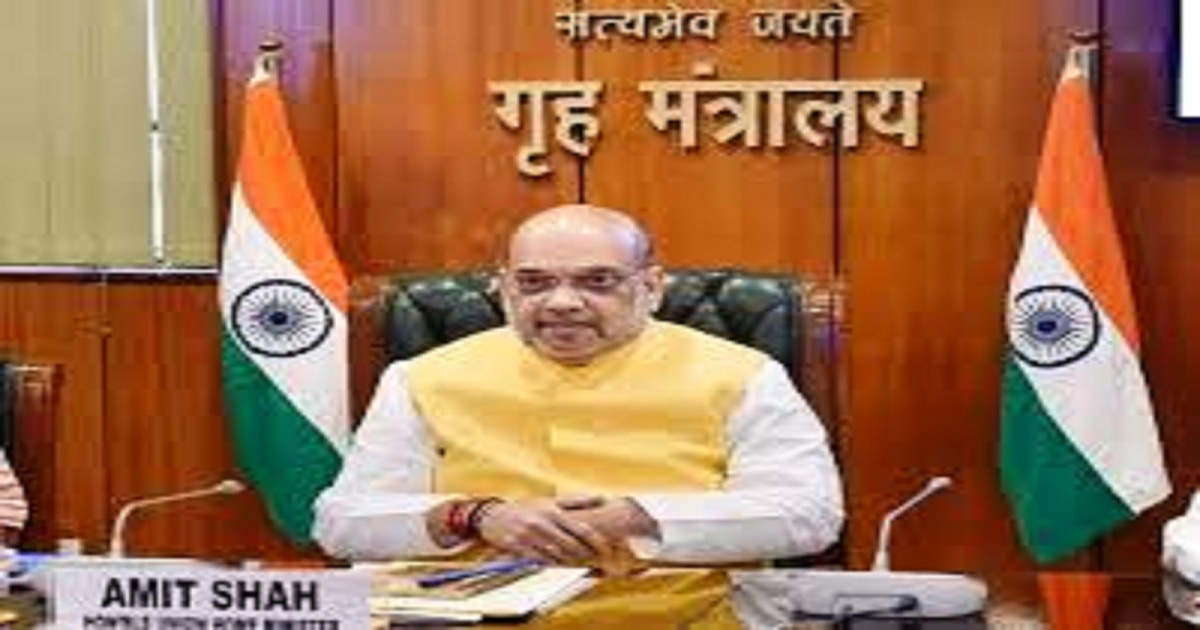Central Govt Orders States to Build Detention Camps Under New Citizenship Law, Sparks Fresh Political Row
By Our Correspondent
Agartala, September 4, 2025
 A massive political storm has erupted after the Union government, led by Home Minister Amit Shah, officially enforced the Foreigners Amendment Act, 2025, which empowers states and Union Territories to set up detention camps for illegal foreigners until their deportation.
A massive political storm has erupted after the Union government, led by Home Minister Amit Shah, officially enforced the Foreigners Amendment Act, 2025, which empowers states and Union Territories to set up detention camps for illegal foreigners until their deportation.
According to the gazette notification issued on Tuesday, state governments, UT administrations, and district magistrates can now detain suspected foreigners and refer their cases to Foreigners Tribunals, which will comprise up to three judicial members. If an accused fails to prove Indian citizenship or secure bail, they will be sent to detention centers.
The Ministry of Home Affairs (MHA) has instructed all states to establish such facilities, claiming the law is essential for national security. However, critics argue that the legislation disproportionately targets Muslim immigrants, especially Bengali speaking communities, and follows the trajectory of the NRC (National Register of Citizens) and CAA (Citizenship Amendment Act).
The law grants exemptions to Hindu, Sikh, Buddhist, Jain, Parsi, and Christian minorities from Afghanistan, Bangladesh, and Pakistan who entered India before December 31, 2024, regardless of valid documents. These groups will not face criminal proceedings, even if their passports or visas have expired.
By contrast, Muslim immigrants have been explicitly excluded from this relief. Analysts warn this could deepen communal and linguistic divides, particularly between Bengali speaking Hindus and Muslims. Opposition leaders allege the law is a political weapon aimed at reshaping voter demographics in Tripura, Assam and West Bengal.
The new law also places restrictions on foreigners working in sensitive sectors. Even those with valid visas must obtain clearance before joining private employment in electricity, petroleum, and water supply. Hiring in defense, nuclear energy, space, and human rights-related sectors requires prior government approval.
Meanwhile, Nepalese and Bhutanese citizens continue to enjoy visa-free entry, except when traveling via China, Hong Kong, Macau, or Pakistan. Special provisions have also been extended to Tibetan refugees who entered India between 1959 and May 30, 2003.
Opposition parties and rights groups have accused the government of targeting Muslims through legislative sequencing first NRC, then CAA, and now the Foreigners Amendment Act. They argue this will disproportionately affect Bengali speaking Muslim laborers who are already vulnerable to being branded as Bangladeshis across India.
Legal experts caution that the stringent penalty clauses, including up to five years in prison or fines up to Rs. 5 lakh for illegal entry, and up to three years in prison or fines up to Rs. 3 lakh for overstaying visas will only add to the fear and harassment of minorities.
As the law takes effect, political observers believe its fallout will be felt most strongly in Tripura, Assam and West Bengal, where migrant identity and religious polarization are already volatile issues.
more news...